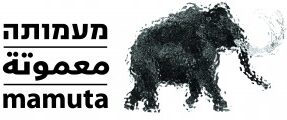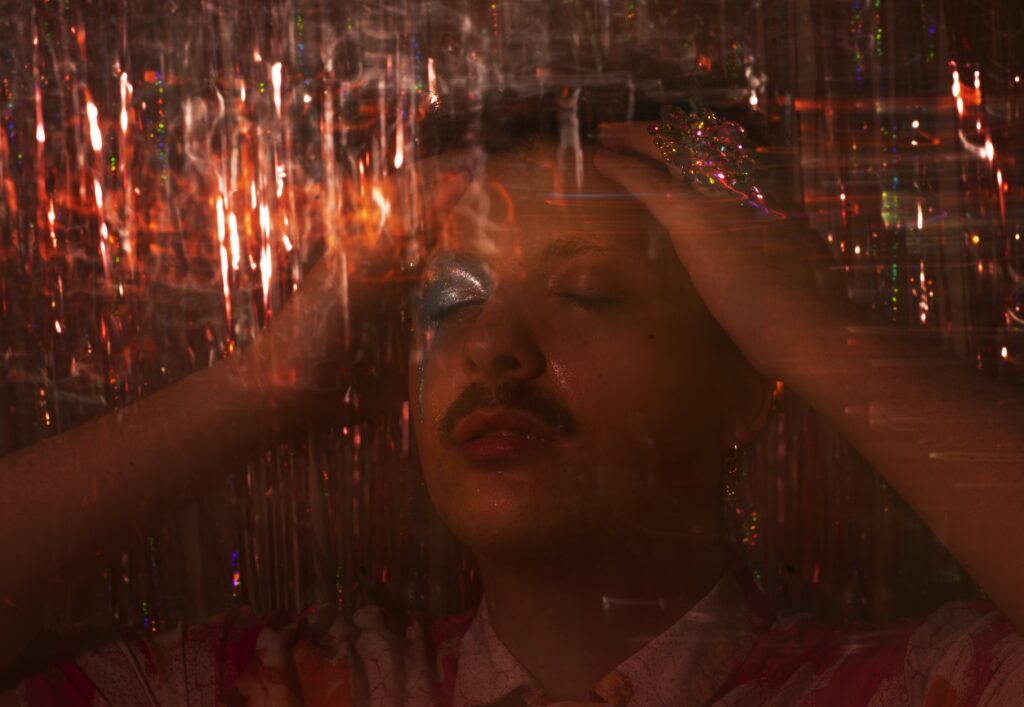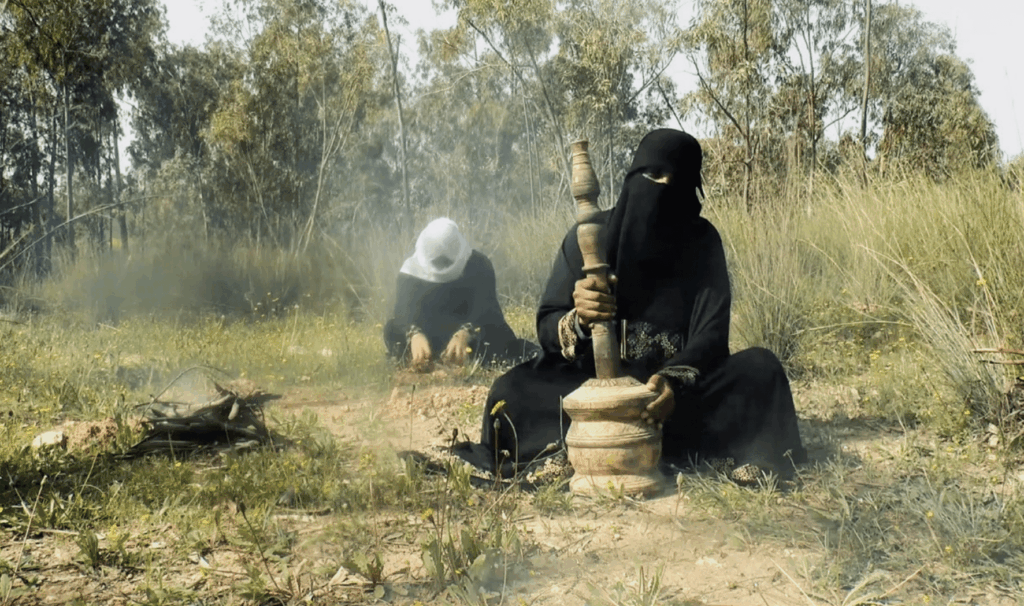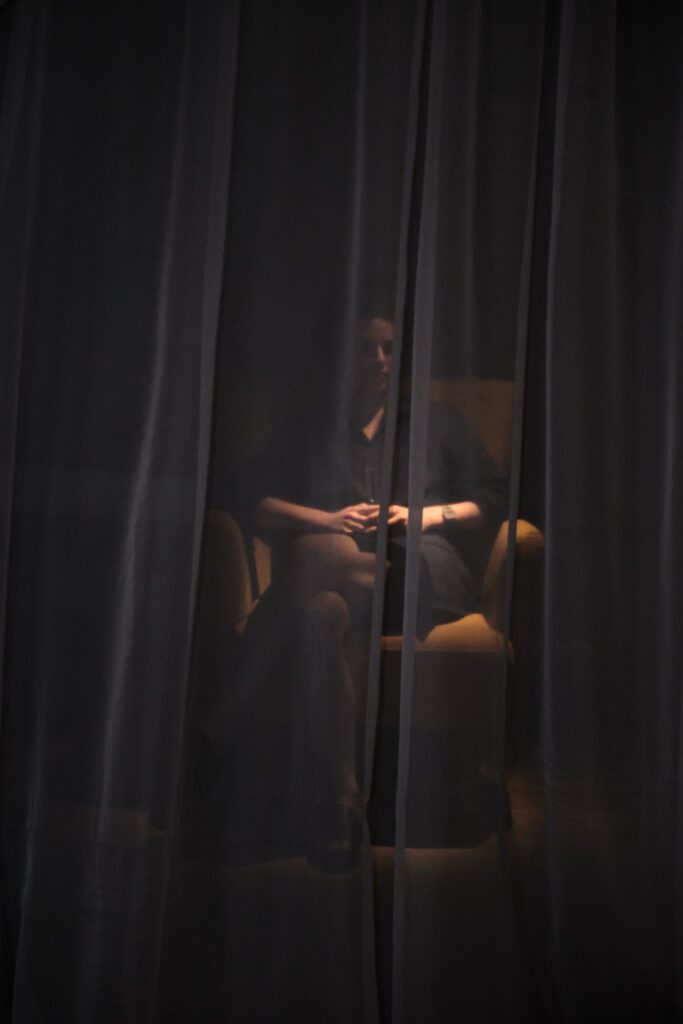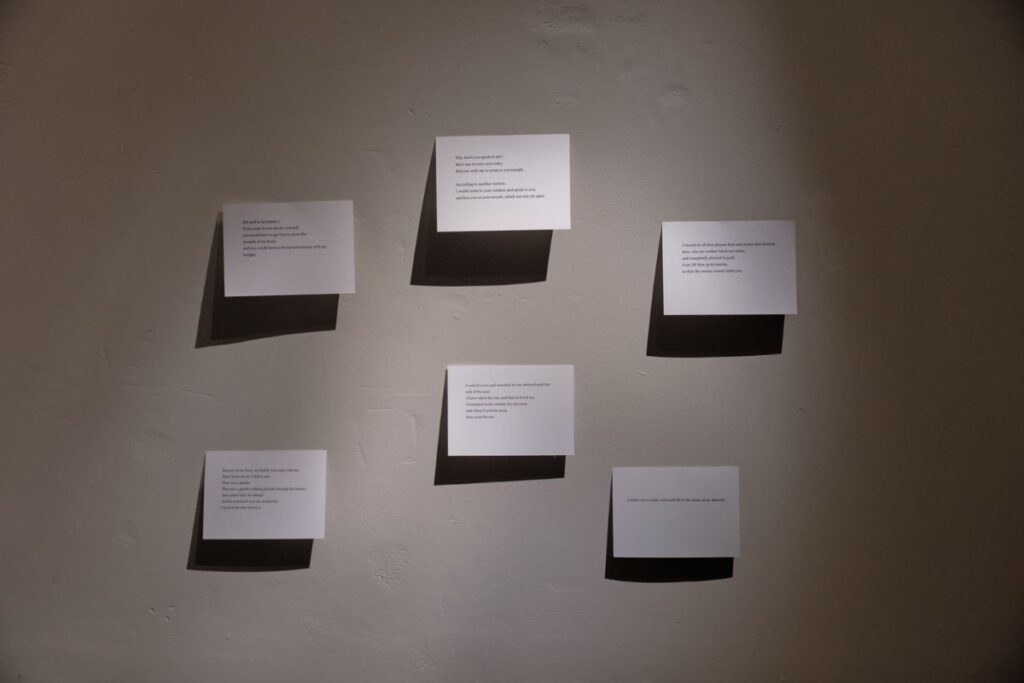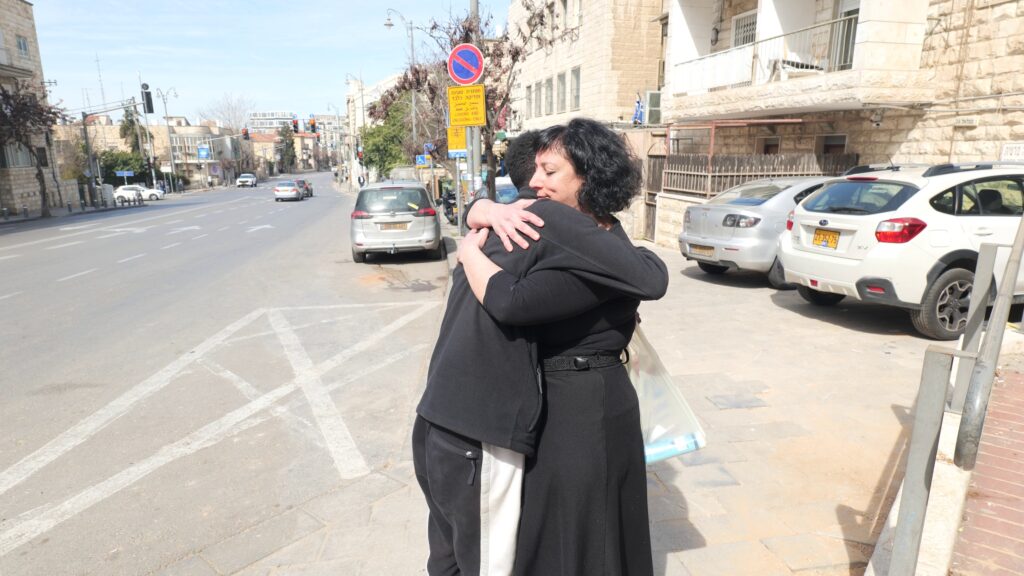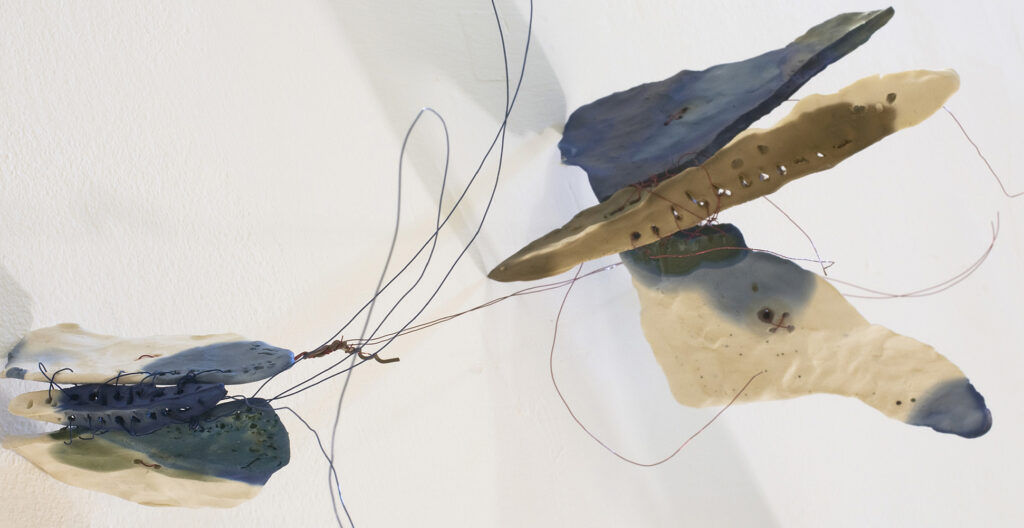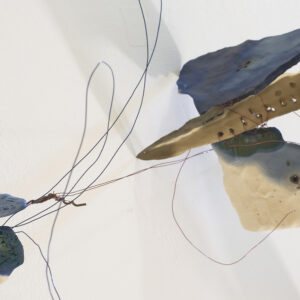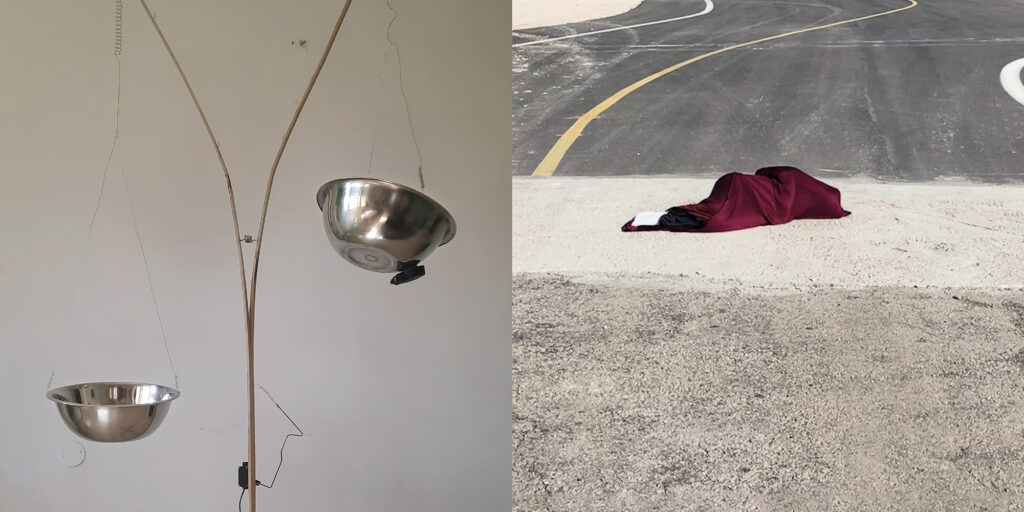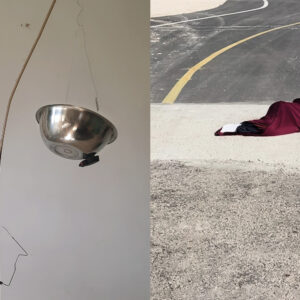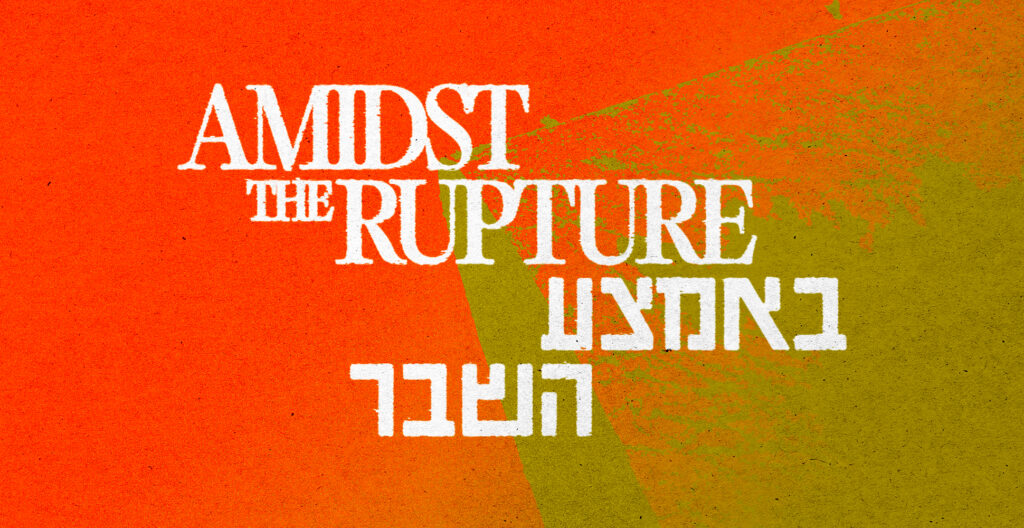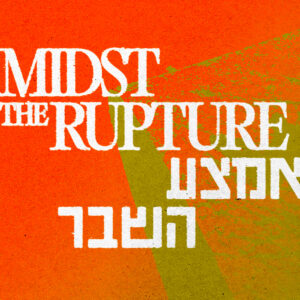The residency program of Mamuta Art & Media Center is devoted to artists, curators and researchers who are willing to spend a working period in the center. Resident artist will benefit from the center technical facilities, and will enjoy the opportunity of developing their personal projects interacting with the artists working in it.
About Us
The Mamuta Project is a center for artistic creation, encounters, research, and display of art. The Center, is an artist’s run space, developed and directed by the Sala-Manca Group. Mamuta is comprised of artists’ workspaces; video, sound, and electronics labs; a wood, metal, and plastics workshop. The goal of the project is to advance art projects and to create a framework for artists from different media, as well as curators, architects, designers, and researchers, who wish to create in the spirit of cooperation, dialogue, and technological innovation.
